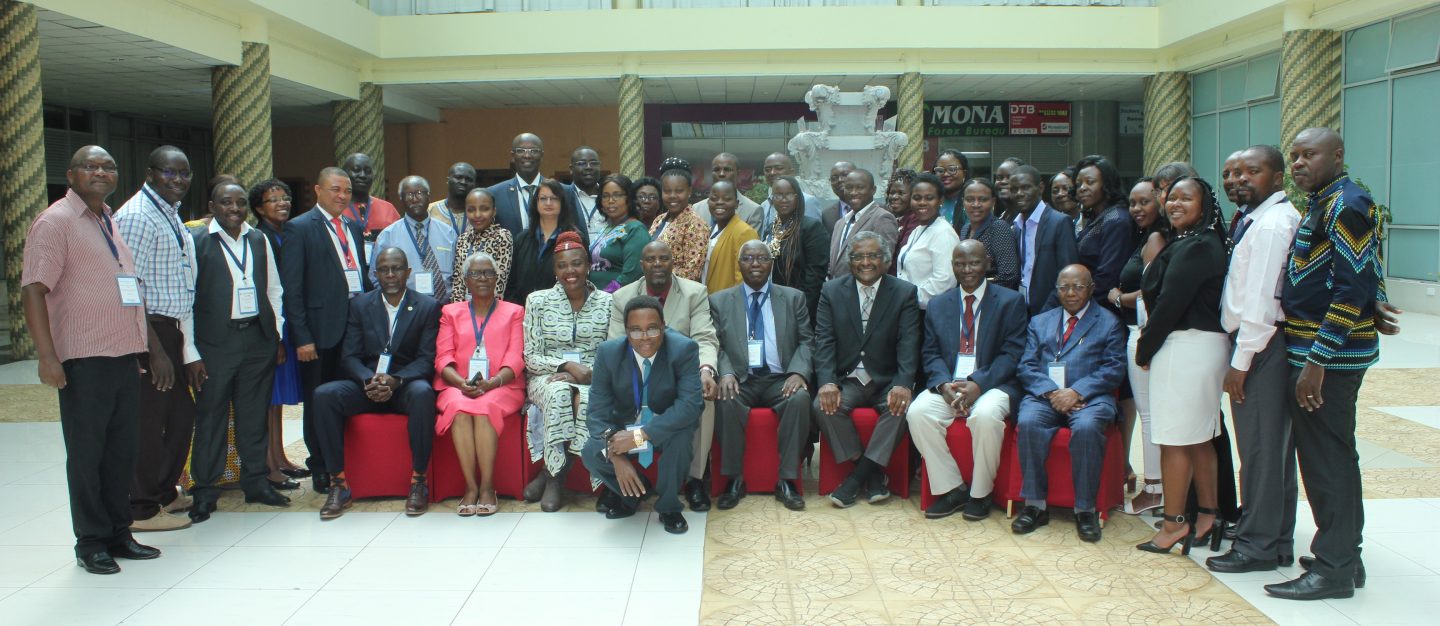The International Science Council Regional Office for Africa (ISC ROA), in collaboration with its Health and Human Wellbeing Consortium organized and sponsored this workshop in Nairobi, Kenya from 7 to 8 October 2019.
The workshop, which is the second in a sub-regional series, was attended by 48 participants made up of scientists and researchers, Indigenous Knowledge Technology (IKT) practitioners and policy makers from institutions in Burundi,Ethiopia , Kenya, Rwanda, Tanzania and Uganda, as well as the East Africa Science and Technology Commission (EASTECO) of the East African Community (EAC), fellows of the African Academy of Sciences (AAS), members of the ISC ROA Health and Human Wellbeing Consortium and staff and partners of ISC ROA.
The overall aim of the workshop was to encourage and showcase consumption of health promoting and disease preventing properties of neglected and underutilized species (NUS) of African food plants and insects from East Africa in order to promote human health and wellbeing. Some useful recommendations coming from this workshop included:
- Strong PPP (Public private partnership), to ensure government and communities have influence on the guidelines and policies instead of multinationals;
- Use of insects, NUS plants, Mushroom and algae as food, feed and medicinal preparations;
Drawing up of EAC guidelines for nationals in formulating IKT legal frameworks; - Establishment/Strengthening of National IKT databases which are linked to specimen already identified;
- Harmonization of food and feed compliance requirements (safety and standards) to facilitate trade ( certified regional laboratories ISO 17025; ISO: 2200, standards for postharvest handling);
- Creation of regional value chains for IKT products;
- Capacity building in financial management, business skills & entrepreneurship and traceability for scientists and knowledge holders.
- Tax incentives and subsidies for IPR issues for SMEs involved in this area of business;
- Focus on training and development of academics and researchers as “science-entrepreneurs”;
- Setting up of regional centres of excellence with ISC ROA starting with those that have been set up already and closing gaps or current limitations (for example Africa Centre of Excellence in Sustainable use of insects as food and feed).
